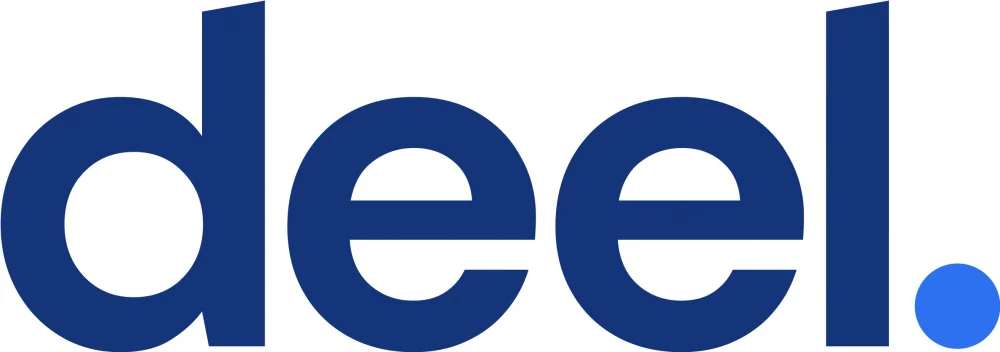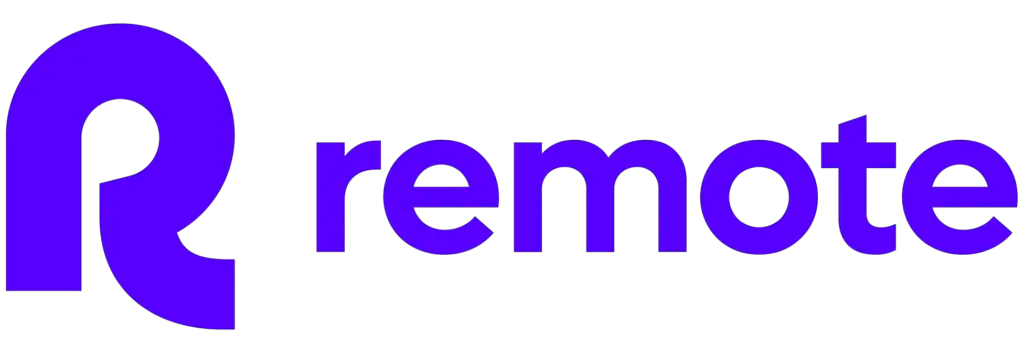This post may contain affiliate links. Please read my affiliate disclosure for more information.
As the global workforce becomes more distributed and remote work gains prominence, businesses are increasingly relying on platforms that facilitate remote hiring, payroll management, and compliance. Deel and Remote are two such platforms that have gained significant attention in this domain. In this article, we will conduct an in-depth comparison of Deel and Remote, exploring their features, pricing models, as well as their pros and cons.
Overview of Deel

Deel is a cloud-based platform that focuses on simplifying the complexities of remote hiring and international payroll management. It offers a range of features aimed at streamlining the onboarding process, handling payments, and ensuring compliance with local labor laws. Deel’s user-friendly interface and extensive integrations make it an attractive option for businesses looking to manage a remote workforce effectively.
Overview of Remote

Remote is a platform designed to help companies manage and pay their global remote workforce with ease. It offers tools for remote team building, global compliance, and efficient payment processing. Remote positions itself as an end-to-end solution for businesses that rely heavily on remote workers, providing the infrastructure needed to make remote work successful.
Feature Comparison
| Features | Deel | Remote |
|---|---|---|
| Onboarding | Simplified onboarding process with e-signatures | Remote team building and management |
| Payroll | Automated payments in 120+ currencies | Efficient payment processing and compliance |
| Compliance | Monitoring of local labor laws and regulations | Global compliance and legal support |
| Benefits | Limited benefits management | Comprehensive benefits solutions |
| Time Tracking | Basic time tracking capabilities | Integration with time tracking tools |
| Integrations | Extensive integrations with other tools | Integration with HRIS and accounting systems |
| Customer Support | Email and chat support | Dedicated customer success manager |
Pricing Models
Both Deel and Remote offer flexible pricing models that can cater to the needs of businesses of varying sizes and operational scales. It’s important to note that exact pricing can vary based on factors such as the number of employees or contractors, specific features required, and any additional services.
Deel Pricing
Deel’s pricing structure typically involves a base fee along with an additional fee per employee or contractor. The base fee grants access to the platform’s core features, while the per-employee fee scales based on the number of remote workers being managed. Deel often provides a free trial period for businesses to explore the platform’s functionalities before making a commitment.
Remote Pricing
Remote’s pricing model is tailored to meet the unique needs of different businesses. Similar to Deel, Remote generally employs a combination of a base fee and a fee per employee or contractor. This pricing structure allows businesses to choose the features and services that align with their requirements. Remote also offers trial periods for businesses to evaluate the platform’s suitability before making a long-term commitment.
Pros and Cons
Deel Pros:
- User-Friendly Interface: Deel boasts an intuitive and user-friendly interface that simplifies remote workforce management for HR teams and managers.
- Integration Ecosystem: The platform’s extensive integrations with other tools, such as communication and project management platforms, facilitate seamless workflow integration.
- Global Payments: Deel supports automated payments in over 120 currencies, making it easier for companies to manage global payroll.
Deel Cons:
- Limited Benefits Management: Deel’s benefits management capabilities are relatively basic, which might pose limitations for businesses with complex benefits structures.
- Feature Scope: While Deel covers essential remote workforce management features, it might lack the comprehensive suite of solutions that larger enterprises require.
Remote Pros:
- Comprehensive Remote Management: Remote excels in remote team building and management, catering to the unique challenges and opportunities of a distributed workforce.
- Compliance Focus: Remote’s strong emphasis on global compliance and legal support helps businesses navigate the complexities of remote workforce regulations.
- Benefits Solutions: Remote offers comprehensive benefits solutions, which can be especially advantageous for businesses aiming to provide competitive remote employee packages.
Remote Cons:
- Learning Curve: Due to its comprehensive nature, Remote might have a steeper learning curve, particularly for smaller businesses with simpler requirements.
- Cost Consideration: Remote’s broad range of services might lead to relatively higher costs, which could be a factor for businesses with budget constraints.
Conclusion
In the evolving landscape of remote work management, both Deel and Remote emerge as noteworthy contenders. While Deel excels in its intuitive interface and seamless integrations, Remote shines with its emphasis on comprehensive remote team management and global compliance.
Choosing between these two platforms hinges on the unique needs and priorities of your business. Small to medium-sized enterprises may find Deel’s simplicity and flexibility appealing, while larger organizations with complex remote workforce management requirements might gravitate towards Remote’s holistic approach.
Regardless of the choice, both Deel and Remote strive to simplify the intricacies of managing remote workers and ensure compliance with global labor regulations in an increasingly remote world.